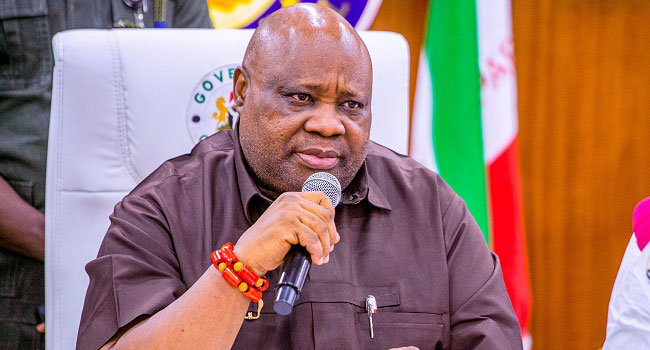Nigeria’s headline inflation rate soared to an unprecedented 33.2% in March, continuing its ascent and marking a notable uptick from February’s 31.7%. This latest figure surpasses the projections of economists and stands as one of the highest inflation rates ever recorded in the nation’s history.
The country grapples with challenges stemming from elevated costs across food, transportation, energy, and services, all contributing to the inflation surge. The spiraling costs strain consumers and reverberate throughout the economy.
The National Bureau of Statistics cites food inflation as a substantial contributor to the headline figure, soaring to an astounding 40.01%. Core inflation, which disregards volatile items such as food and energy, also rose to 25.9% during the same period.
Urban inflation escalated to 35.18%, while rural inflation climbed to 31.45% in March. These elevated rates underscore pervasive inflationary pressures across the nation.
The sharp inflationary increase presents a formidable challenge for the government and policymakers as they endeavor to stabilize the economy and manage the cost of living. A combination of monetary and fiscal interventions may be required to quell inflationary forces.
The steep inflation rate also raises concerns about its ramifications for poverty and inequality, as it disproportionately impacts lower-income households struggling to meet basic needs.
Market analysts and economic observers will closely monitor the situation for indications of sustained inflationary patterns in the months ahead.
Nigeria’s central bank and other regulatory institutions may need to implement resolute measures to address the root causes of inflation and alleviate its effects on citizens and businesses.
As the nation navigates these economic hurdles, it remains imperative to uphold stability and foster economic growth while addressing the underlying drivers of inflation.
- 08045674546
- info@mediaplusng.com
- Lagos, Nigeria




